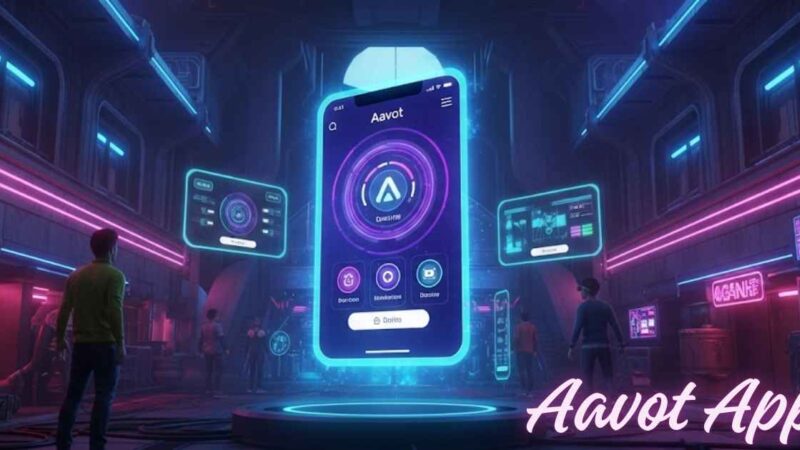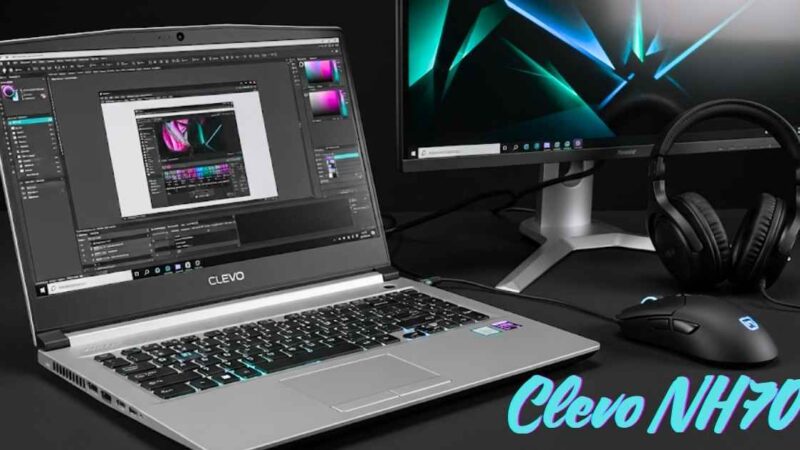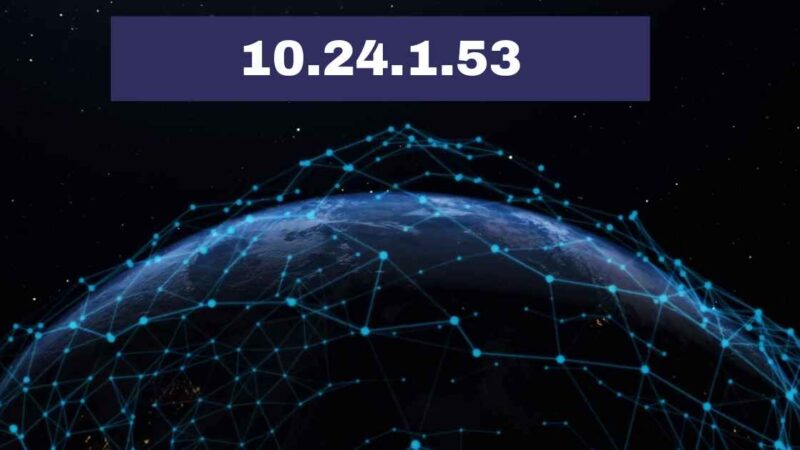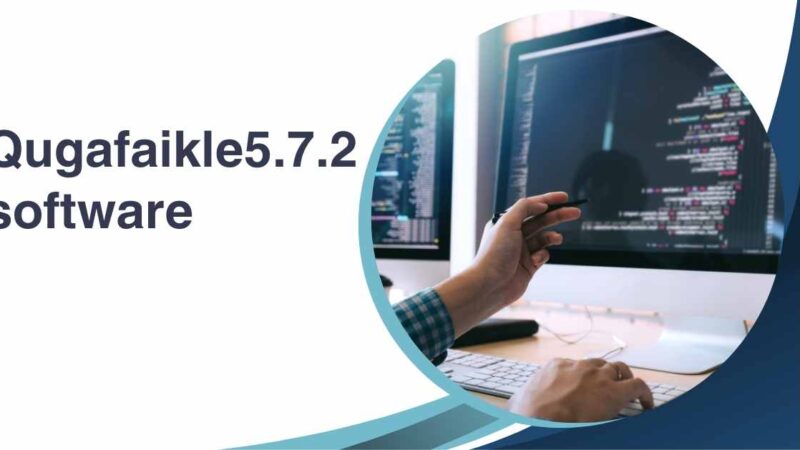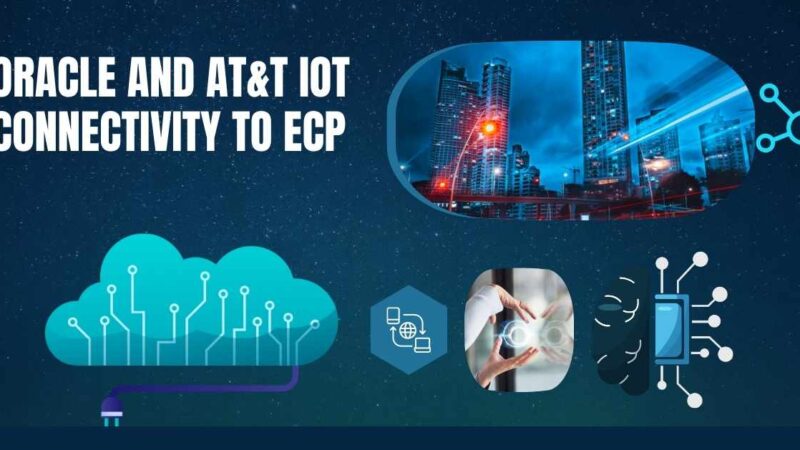What is an IoT Developer Responsible For? Key Roles and Responsibilities

Introduction
With the rise of smart devices and interconnected systems, the demand for skilled IoT developers has surged. But what is an IoT developer responsible for? This article explores the key responsibilities, required skills, and career opportunities in this dynamic field.
What is an IoT Developer?
An IoT (Internet of Things) developer is a software and hardware expert who designs, develops, and maintains IoT systems. These professionals work on integrating sensors, devices, and cloud platforms to enable seamless communication and automation in smart environments. IoT developers play a crucial role in industries such as healthcare, agriculture, automotive, and smart cities, contributing to the digital transformation of various sectors.
Key Responsibilities of an IoT Developer
1. Designing and Developing IoT Solutions
IoT developers create hardware and software solutions that enable devices to connect and communicate. They design systems that collect and process data efficiently, ensuring optimal performance. This involves working with circuit design, embedded firmware, and APIs that enable interaction between various components.
2. Integrating Sensors and Devices
A crucial part of an IoT developer’s job is to integrate sensors, actuators, and embedded systems to facilitate data collection and real-time processing. This requires expertise in microcontrollers such as Raspberry Pi, Arduino, and ESP32. The selection of appropriate sensors and communication protocols is critical to ensuring reliability and accuracy.
3. Ensuring Network Connectivity and Security
IoT devices rely on stable connectivity through Wi-Fi, Bluetooth, LPWAN, or cellular networks. Developers ensure seamless communication while implementing security measures to prevent cyber threats. Security vulnerabilities in IoT systems can lead to data breaches, so encryption, authentication, and access control mechanisms are crucial aspects of IoT development.
4. Cloud Computing and Data Management
IoT developers use cloud platforms to store, analyze, and manage large volumes of data collected from IoT devices. They work with services like AWS IoT, Google Cloud IoT, and Microsoft Azure. Cloud computing allows for real-time monitoring and automation, enabling businesses to derive insights from IoT data and improve decision-making processes.
5. Developing IoT Applications
These professionals build applications that interact with IoT devices, enabling users to monitor and control smart systems via mobile apps or web interfaces. IoT developers often collaborate with UI/UX designers and software engineers to create user-friendly dashboards that visualize data and provide real-time alerts.
6. Debugging and Performance Optimization
To ensure efficient performance, IoT developers continuously test, debug, and optimize their applications and hardware systems. This includes stress-testing IoT networks, minimizing latency, and optimizing energy consumption for battery-powered devices. Efficient debugging tools and frameworks like JTAG debuggers and protocol analyzers help streamline the troubleshooting process.
7. Implementing Edge Computing
As IoT systems generate vast amounts of data, processing all of it in the cloud can lead to latency issues. IoT developers implement edge computing solutions where data processing occurs closer to the source—on IoT devices or edge servers. This reduces response times and enhances efficiency, particularly in applications like autonomous vehicles and industrial automation.
8. Collaboration with Cross-Functional Teams
IoT development is rarely a solo endeavor. Developers collaborate with hardware engineers, data scientists, cybersecurity experts, and cloud architects to build robust solutions. Understanding the requirements of stakeholders and integrating various technologies cohesively is a vital part of an IoT developer’s role.
Essential Skills for IoT Developers
Technical Skills:
- Programming Languages: Proficiency in Python, C, C++, Java, or JavaScript
- Embedded Systems Knowledge: Experience with microcontrollers like Raspberry Pi and Arduino
- Networking and Security: Understanding of network protocols and cybersecurity best practices
- Cloud Computing Expertise: Familiarity with cloud services for IoT data management
- Database Management: Experience with SQL and NoSQL databases for IoT data storage
- Edge Computing Knowledge: Understanding of AI-driven edge computing models for real-time processing
Soft Skills:
- Problem-Solving Skills: Ability to troubleshoot and optimize IoT solutions
- Collaboration and Communication: Working effectively with multidisciplinary teams
- Critical Thinking: Analyzing and designing scalable, efficient IoT systems
Tools and Technologies Used by IoT Developers
To excel in IoT development, professionals leverage a variety of tools, including:
- IoT Platforms: Google Cloud IoT, AWS IoT Core, Microsoft Azure IoT
- Development Boards: Arduino, Raspberry Pi, ESP8266, STM32
- Communication Protocols: MQTT, CoAP, HTTP, LoRaWAN
- Programming Frameworks: Node.js, TensorFlow (for AI-driven IoT solutions)
- Security Tools: OpenVPN, SSL/TLS encryption, Hardware Security Modules (HSM)
Career Opportunities in IoT Development
With the expanding IoT landscape, career opportunities in this domain are vast. Job roles include:
- IoT Software Developer – Designs and develops software for IoT applications.
- Embedded Systems Engineer – Works on firmware development for IoT hardware.
- IoT Architect – Designs end-to-end IoT ecosystems for businesses.
- Cloud IoT Engineer – Specializes in IoT data storage, analysis, and cloud integration.
- IoT Security Specialist – Focuses on securing IoT networks and preventing cyber threats.
- AI/ML IoT Developer – Integrates AI and machine learning models with IoT solutions to enhance decision-making capabilities.
Industry Applications of IoT Development
IoT development has a significant impact on various industries, including:
- Healthcare: Wearable health monitors, remote patient monitoring, and smart medical devices.
- Agriculture: Smart irrigation systems, soil monitoring, and automated farming solutions.
- Automotive: Connected vehicles, fleet management, and autonomous driving technologies.
- Smart Cities: Intelligent traffic management, waste management, and smart grids.
- Industrial IoT (IIoT): Predictive maintenance, asset tracking, and automated manufacturing.
- Retail: Smart shelves, automated checkout systems, and personalized shopping experiences.
Future of IoT Development
The IoT industry is evolving rapidly, with trends such as:
- 5G-Powered IoT: Faster, low-latency connectivity enabling real-time IoT applications.
- AI and Machine Learning in IoT: Enhanced automation and predictive analytics.
- Blockchain for IoT Security: Decentralized authentication and secure data transactions.
- Sustainable IoT: Energy-efficient devices and green computing solutions.
- Quantum IoT: The potential for quantum computing to revolutionize IoT data processing.
Conclusion
An IoT developer plays a crucial role in shaping the future of connected devices by designing, developing, and securing smart solutions. With the right skills and expertise, IoT professionals can drive innovation and transform industries. As IoT technology continues to evolve, developers must stay updated with emerging trends and technologies to build the next generation of smart solutions.
Looking to start a career in IoT development? Keep learning, experimenting, and staying updated with the latest advancements to excel in this exciting and rapidly growing field.

